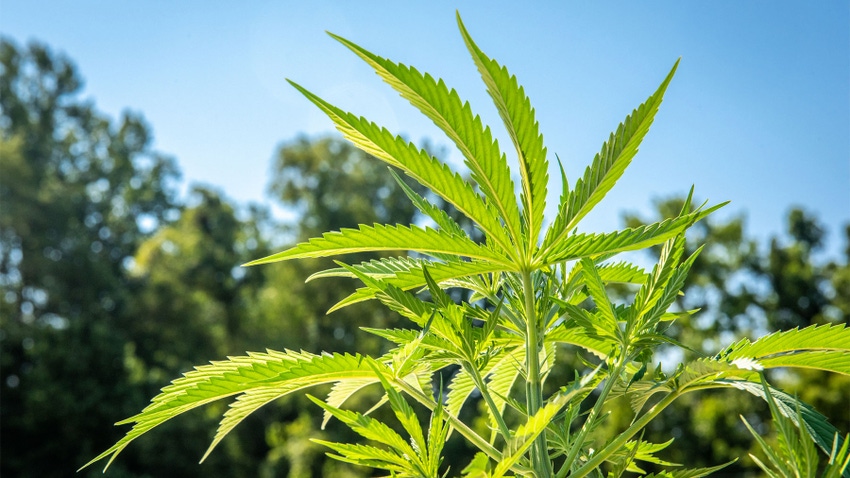February 15, 2024

by Jeff Graybill and Alyssa Collins
Growers of hemp fiber or grain crops in Pennsylvania can now apply for performance-based sampling that allows them to forgo compliance sampling if they qualify and grow certain varieties.
With this update, the Department of Agriculture now has three categories of performance-based sampling available:
for growers of microgreens, greens and hemp transplants
for researchers
for growers of fiber and grain varieties
Sarah Pickel, hemp program coordinator with the Pennsylvania Department of Agriculture, says this is available for renewing growers who meet the following requirements:
have had a minimum of two consecutive years growing hemp in Pennsylvania with all hemp lots meeting THC compliance requirements of the department
have had THC compliance sampling and testing using a PDA inspector or certified sampling agent, and a laboratory on the PDA Registry of Approved Laboratories for Compliance Testing
are not currently under a corrective action plan
grow fiber, grain or seed that has previously been grown in Pennsylvania with a minimum of three lots and has a history of less than 10% noncompliance in the commonwealth (a list of low-risk fiber, grain and seed varieties are provided by PDA’s Hemp Program), or are growing a fiber, grain or seed that has been certified by Health Canada, AOSCA, OECD or another organization that approves hemp varieties for seed certification and is not included on the PDA list of prohibited varieties
Growers approved for the performance-based sampling do not have to conduct compliance sampling on the low-risk or certified fiber or grain varieties for a single growing season.
Growers who qualify may fill out an application. The application form and list of low-risk varieties can be found on the guidance document on the Growing & Processing page of the PDA website.
For any other variety that does not qualify for performance-based sampling, a grower would have to complete compliance testing for nonqualifying varieties.
The hemp industry continues to evolve as hemp enthusiasts, investors, processors and growers continue to find the best fit for the hundreds of hemp-derived products available today.
Whether it is fiber for use in hempcrete, grain for poultry hens laying high omega-3 eggs or hemp oil tinctures to relieve stress, hemp is working its way into several commercially available products and moving forward on many fronts.
Penn State was recently awarded a $1 million National Science Foundation Engines Development Award that will fund the development of the Pennsylvania Industrial Hemp Engine, which will support the manufacture and deployment of hemp bio-based products for application in green building construction, packaging, fabrics, renewable energy and land remediation.
Pennsylvania was one of the first states to officially legalize and regulate low-THC varieties of hemp. The initial promise of high-value CBD products saw a flood of growers, many of whom never found a market for their crop. Since then, interest has diversified and expanded into new areas.
In 2023, there were 298 hemp acres planted and 170 acres harvested, according to data from the Pennsylvania Department of Agriculture. There was an increased percentage of hemp acres planted for fiber in 2023 — up to 21.5% of hemp acres compared to 12% in 2022.
There were 215 licensed growers and 52 licensed processors.
With increased fiber processing capacity, there may be more interest in fiber acreage for 2024. Many processors have just finished processing the overstock of hemp bales that were surplus after the 2019 season.
The 2025 hemp permit application period opens Oct. 1 of this year.
For more information on Penn State's hemp fiber variety trials, go to extension.psu.edu and download the 2023 Agronomy Research Report.
More information on hemp as a potential crop for your farm can be found on the Pennsylvania Department of Agriculture website and the Penn State Extension hemp website.
Graybill is an agronomy educator with Penn State Cooperative Extension, and Collins is director of Penn State’s Southeast Agricultural Research and Extension Center.
Source: Penn State Cooperative Extension
You May Also Like




